

| Cruise Region : Europe, Northern Europe |
| Company : Costa Cruises |
| Ship : Costa Favolosa |
| Journey Start : ուր 10 հլս 2026 |
| Journey End : չրք 22 հլս 2026 |
| Count Nights : 12 nights |
| Day | Date | Port | Arrival | Departure |
|---|---|---|---|---|
| 1 | 10.07 ուր | Համբուրգ / Germany | 20:00 | |
| 2 | 11.07 շբթ | Օր ծովում / Sea | ||
| 3 | 12.07 կիր | Օր ծովում / Sea | ||
| 4 | 13.07 երկ | Seydisfjordur / Iceland | 10:00 | 22:00 |
| 5 | 14.07 երք | Ակուրեյրի / Iceland | 17:30 | |
| 6 | 15.07 չրք | Ակուրեյրի / Iceland | 19:00 | |
| 7 | 16.07 հնգ | Իսաֆյորդուր / Iceland | 08:00 | 18:00 |
| 8 | 17.07 ուր | Ռեյկյավիկ / Iceland | 07:00 | 17:00 |
| 9 | 18.07 շբթ | Օր ծովում / Sea | ||
| 10 | 19.07 կիր | Kirkwall / Great Britain | 12:00 | 20:00 |
| 11 | 20.07 երկ | Ինվերգորդոն / Great Britain | 08:00 | 18:00 |
| 13 | 22.07 չրք | Համբուրգ / Germany | 08:00 |
Accommodation in a cabin of the selected category
Meals in the restaurant (buffet) on the "buffet" system, including breakfast, lunch and dinner, as well as snacks in the cafe and pizzeria throughout the day. Water, juices, tea, coffee from machines are available in the buffet free of charge 24 hours.
Meals in the main restaurant "a la carte". As a rule, all liners have two or three main restaurants with menu service. The dishes in such restaurants are more refined and varied than in the buffet. Drinks are ordered for an additional fee.
Entertainment on board, such as animation, master classes, aerobics, evening performances in the theatre, live music in bars, discos.
Access to all public areas of the liner: fitness center (gym), swimming pools, jacuzzis by the pools, water park, library, mini-clubs for children.
Services of educators in mini-clubs for children from 6 months to 17 years
Games on sports grounds, including tennis, mini-football, basketball, badminton, mini-golf and others.
Use of watercraft during embarkation or disembarkation in ports if the liner does not enter the port.
Luggage transportation at the beginning and end of the cruise.
Service charge, of 12 euros per night per guest.
Depending on the cabin category, you may be provided with additional services free of charge. For example, ALL INCLUSIVE drinks in bars and restaurants, cabin service with free delivery 24 hours, use of the spa center.
Important: MSC reserves the right to change the cabin to the same category or higher. However, MSC will do everything possible to avoid changing the cabin.
Additional costs:
insurance (medical insurance, travel cancellation insurance)
airfare, rail transport (transportation costs to the port of departure and from the port of arrival of the ship)
transfers (from the airport/train station to the sea port and back)
excursions
pre- and post-cruise hotel reservations if you want to extend your holiday on land.
Additionally paid on the liner:
visiting alternative bars and restaurants
services of spa centers, hairdressers, beauty salons
medical services
laundry, ironing
casino
slot machines, etc. depending on the specific liner.
For any purchase of goods on the liner in bars, restaurants, shops and services in the spa center, hairdresser, etc. you will be additionally charged a service fee, which will average 15% of the purchase price.
Costa Cruises Fare Plans
Costa offers three fare options, allowing every guest to choose the right level of comfort and included services:
My Cruise — Basic Fare
Ideal for travelers who value flexibility and want to select only the services they need.
What’s included:
Accommodation in the chosen cabin
Full board: breakfast, lunch, dinner, and snacks
Costa Club points accumulation
All-Inclusive — Everything Included
A comfortable fare that includes the My Drinks package. Perfect for those who want to know all their expenses in advance.
What’s included:
Accommodation in the chosen cabin
Full board: breakfast, lunch, dinner, and snacks
My Drinks package: unlimited beverages by the glass — wine, beer, whiskey, cocktails, hot drinks, juices, and soft drinks
1 bottle of 0.5L water per day per person
Choice of dinner time
Costa Club points + discount on the next cruise
If your client chooses a Suite, the following are also included:
My Drinks Plus package (includes premium beverages and minibar)
24/7 personal butler service
Super All-Inclusive — Maximum Comfort
The most complete fare including drinks, meals, and multilingual guided excursions.
What’s included:
Accommodation in the chosen cabin
Full board: breakfast, lunch, dinner, and snacks
My Drinks package: a wide selection of alcoholic and non-alcoholic beverages
1 bottle of 0.5L water per day per person
My Explorations package: a set of excursions + discounts on additional tours
Flexible cancellation terms
Choice of dinner time
Costa Club points + discount on the next cruise
If your client chooses a Suite, the following are also included:
My Drinks Plus package (includes premium beverages and minibar)
24/7 personal butler service
To confirm your booking, a minimum deposit of 30% of the cruise fare is required.
The final payment must be made no later than 60 days before the cruise departure.
After the deposit or full payment is received (depending on the booking date), you will receive confirmation.
Boarding passes are sent 14 days before departure upon completion of online check-in.
Payment methods:
By invoice
By credit/debit card
Cancellation Penalties
Rates MyCruise, All Inclusive, Super All Inclusive:
60 days or more before the cruise – €100 per person retained
59–40 days before the cruise – 30% of the total cost
39–25 days before the cruise – 55% of the total cost
24–16 days before the cruise – 80% of the total cost
15 days or less before the cruise – 100% of the total cost
Last Minute Rate:
100% of the total cruise cost charged from the moment of booking
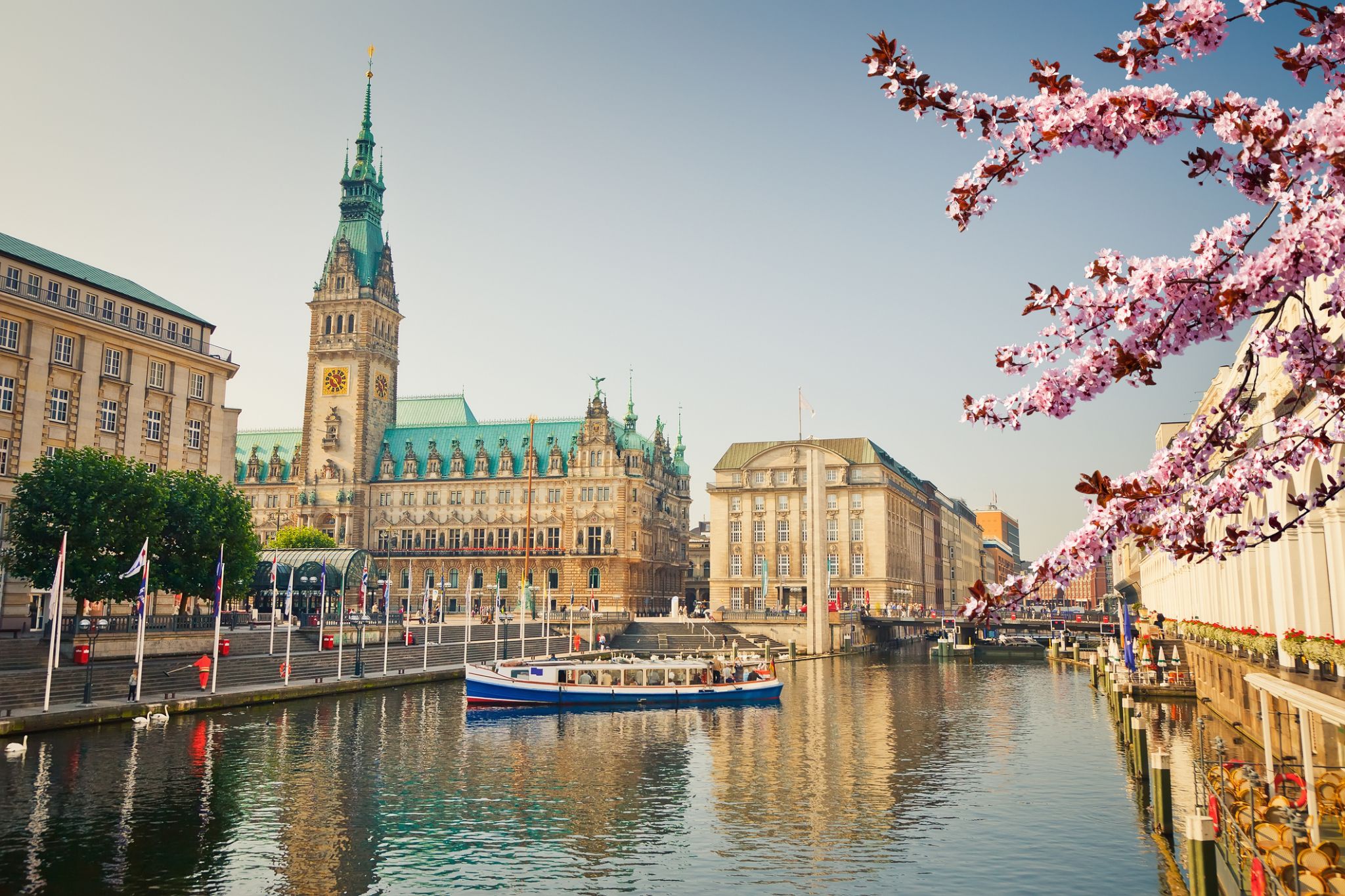
Hamburg ; officially the Free and Hanseatic City of Hamburg is the second-largest city in Germany with a population of over 1.8 million.
One of Germany's 16 federal states, it is surrounded by Schleswig-Holstein to the north and Lower Saxony to the south. The city's metropolitan region is home to more than five million people. Hamburg lies on the River Elbe and two of its tributaries, the River Alster and the River Bille.
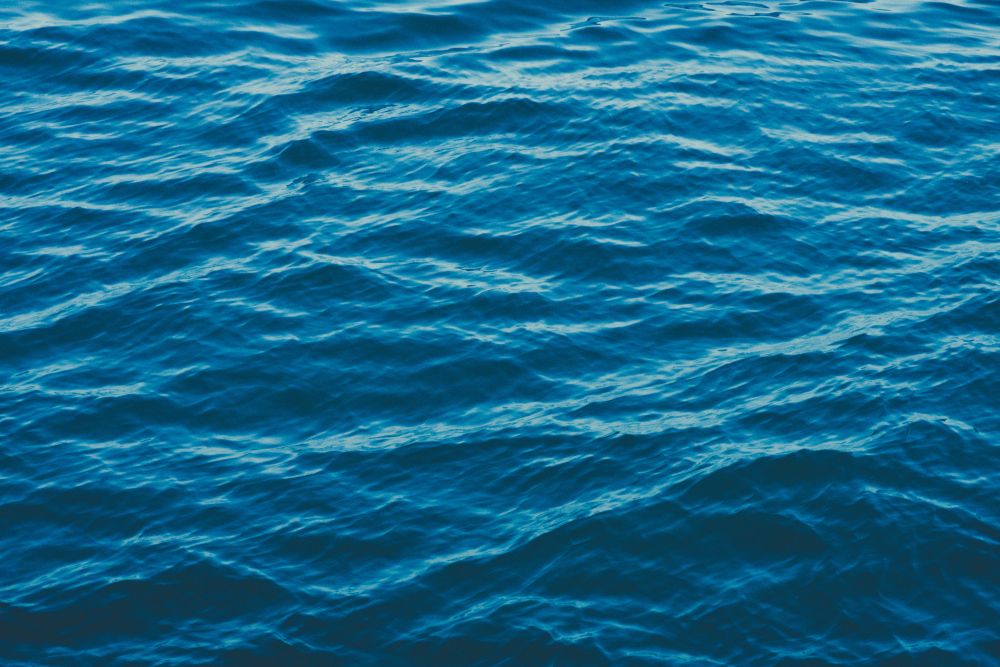

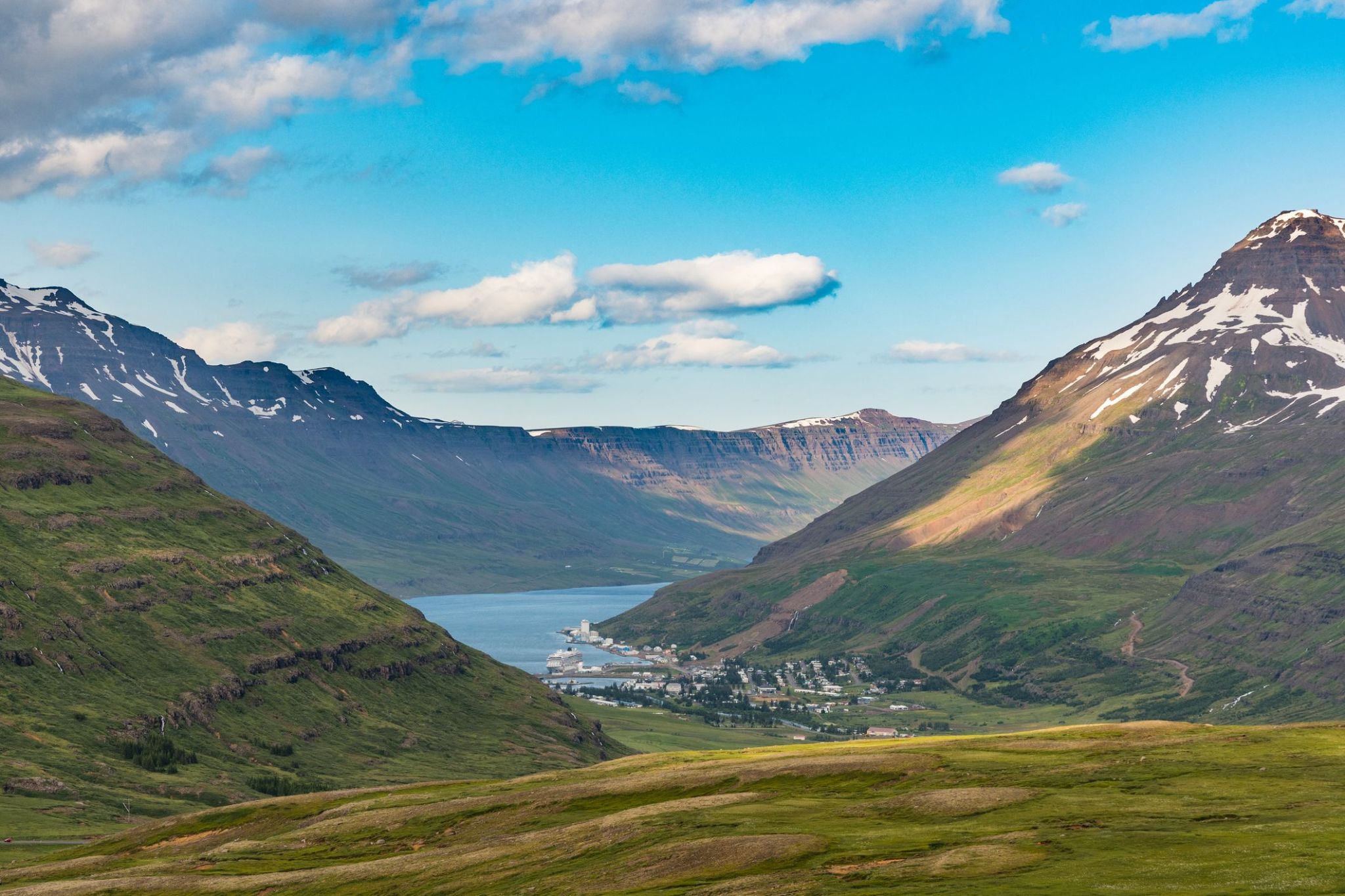
Իսլանդիայի ֆյորդների մեջ հարմարավետորեն թաքնված Սեյդիսֆյորդուր-ը գրավում է ճանապարհորդներին իր գունագեղ տներով և ստեղծագործ միջավայրով։ Այս փոքրիկ նավահանգստային քաղաքը կենդանանում է հյուսիսային արևի առաջին ճառագայթների հետ․ օդը լցված է ծովի հոտով, տեղական սրճարանների սուրճի բույրով և Ատլանտյան օվկիանոսից եկող թարմ քամով։ Սեյդիսֆյորդուր-ը հայտնի է իր արվեստի ցուցասրահներով և երաժշտական միջոցառումներով, իսկ ամռանը այստեղ անցկացվում է LungA արվեստի փառատոնը, որն այցելում են երիտասարդ նկարիչներ և երաժիշտներ ամբողջ աշխարհից։
Փայտե արահետներով ծովածոցի երկայնքով զբոսնելը հնարավորություն է տալիս զգալ իսլանդական գյուղական կյանքի դանդաղ ռիթմը, իսկ մոտակայքում թաքնված են տպավորիչ ջրվեժներ և լեռնական արահետներ, որոնք տանում են շունչ կտրող տեսարանների։ Տուրիստները կարող են այցելել 1922 թվականին կառուցված հին նորվեգական եկեղեցին, հայտնի կապույտ եկեղեցին Սեյդիսֆյորդուր-ում, ապա հանգստանալ տեղական սրճարաններում՝ վայելելով թարմ թխվածք և հենց ֆյորդի ափերից որսված ձուկ։ Իսլանդիայի այս անկյունը ներշնչում է նրանց, ովքեր փնտրում են մենակություն, լռություն և ցանկանում են տեսնել հյուսիսի իսկական կյանքը։
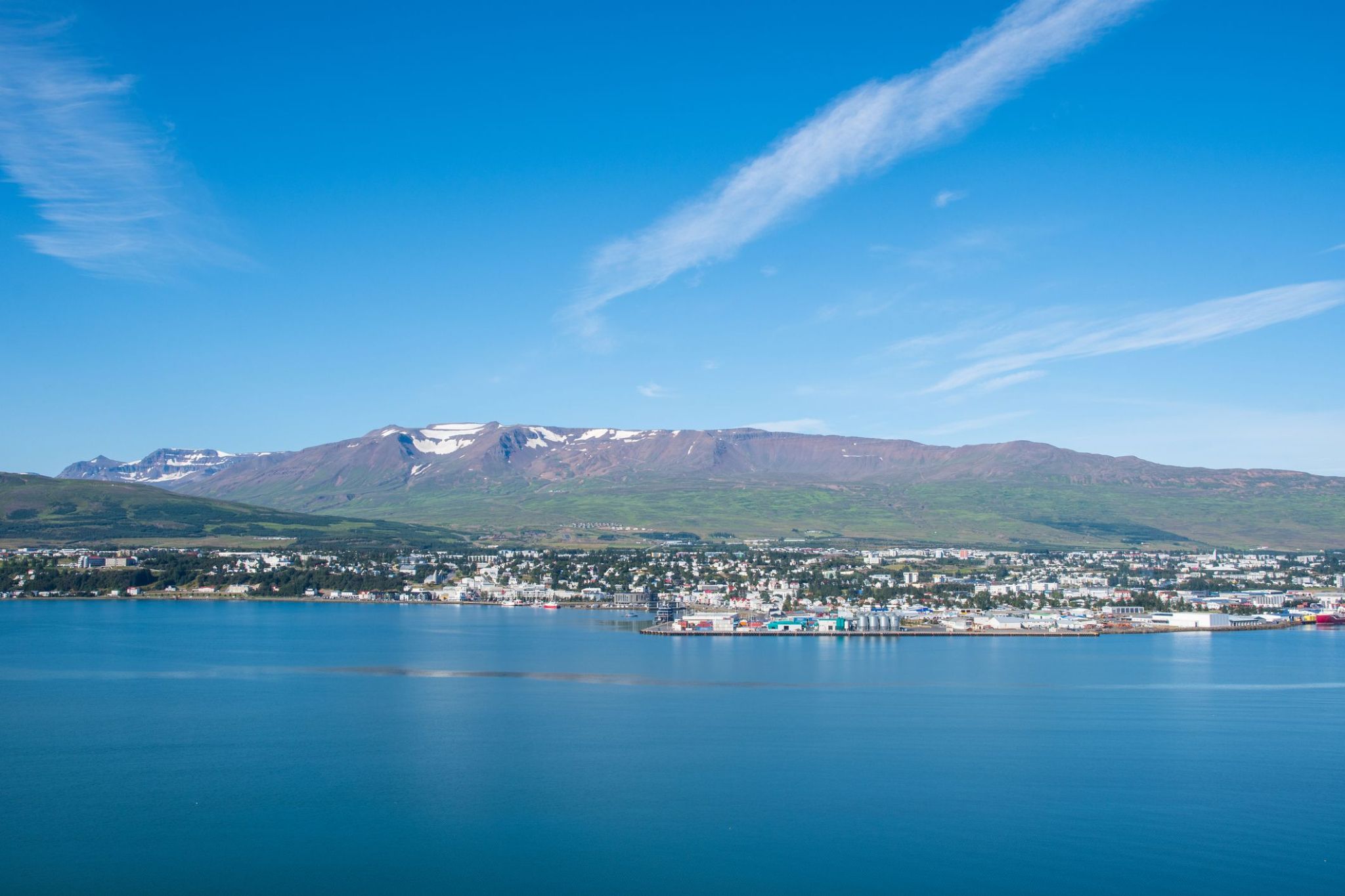
Akureyri is a town in northern Iceland. It is Iceland's Fifth largest municipality.
Nicknamed the Capital of North Iceland, Akureyri is an important port and fishing centre. The area where Akureyri is located was settled in the 9th century but did not receive a municipal charter until 1786. The town was the site of Alliedunits during World War II. Further growth occurred after the war as the Icelandic population increasingly moved to urban areas.
The area has a relatively mild climate because of geographical factors, and the town's ice-free harbour has played a significant role in its history.

Akureyri is a town in northern Iceland. It is Iceland's Fifth largest municipality.
Nicknamed the Capital of North Iceland, Akureyri is an important port and fishing centre. The area where Akureyri is located was settled in the 9th century but did not receive a municipal charter until 1786. The town was the site of Alliedunits during World War II. Further growth occurred after the war as the Icelandic population increasingly moved to urban areas.
The area has a relatively mild climate because of geographical factors, and the town's ice-free harbour has played a significant role in its history.
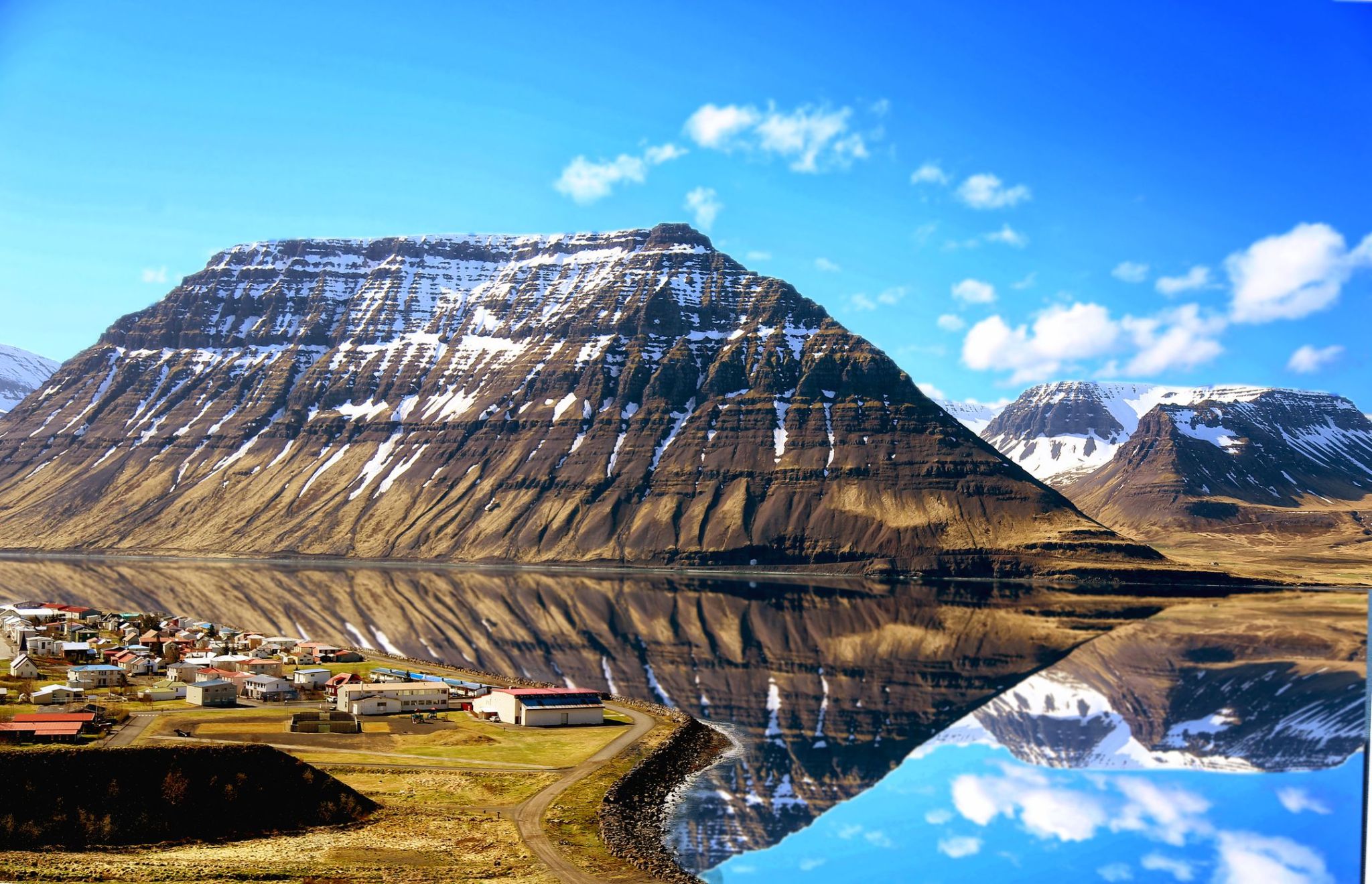
Isafjörður, meaning ice fjord or fjord of ice, ice in plural genitive) is a town in the northwest of Iceland.
The oldest part of Ísafjörður with the town centre is located on a spit of sand, or eyri, in Skutulsfjörður, a fjord which meets the waters of the larger fjord Ísafjarðardjúp. With a population of about 2,600, Ísafjörður is the largest settlement in the peninsula of Vestfirðir (Westfjords) and the administration centre of the Ísafjarðarbær municipality, which includes – besides Ísafjörður – the nearby villages of Hnífsdalur, Flateyri, Suðureyri, and Þingeyri.
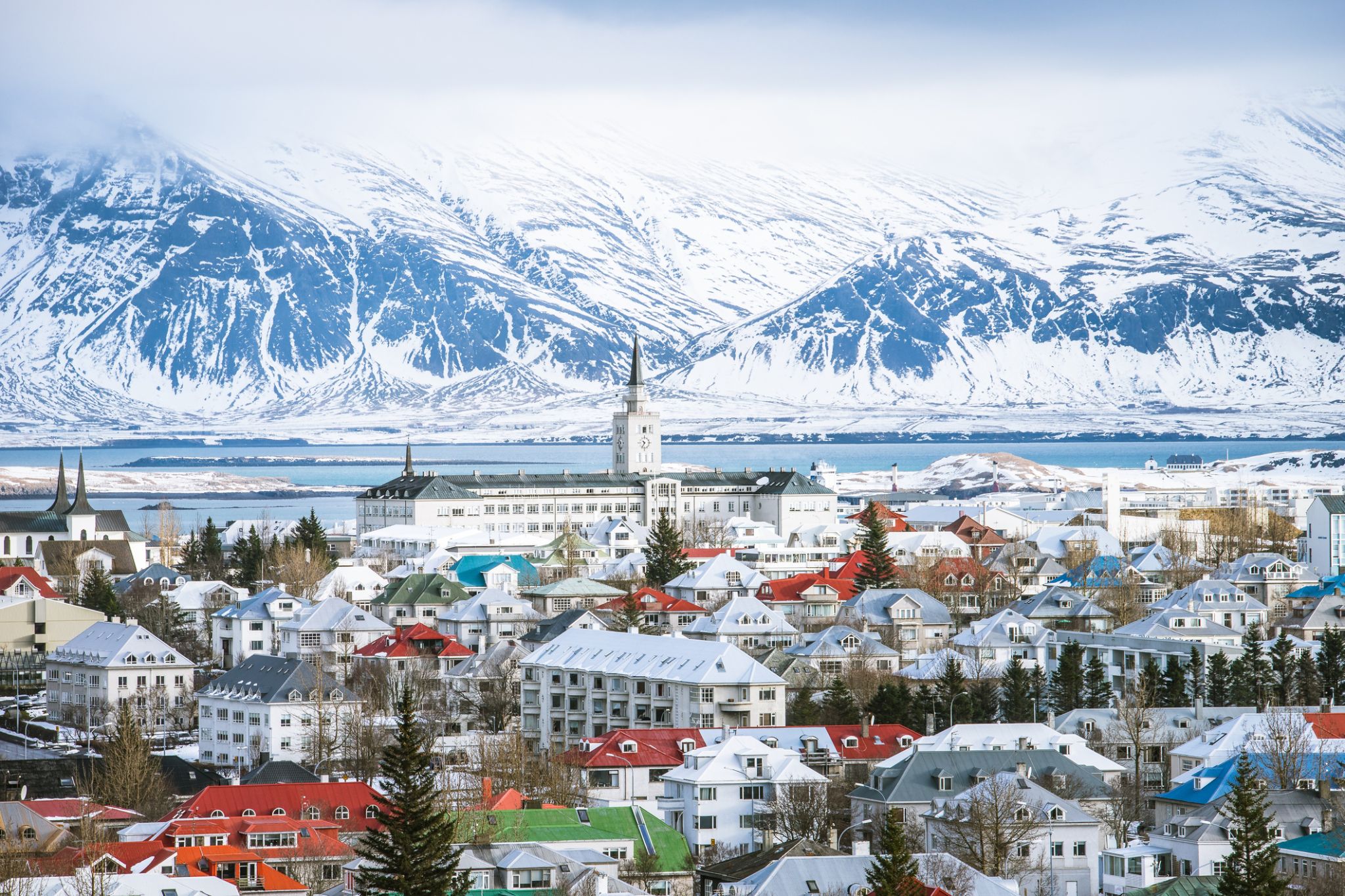
Reykjavík is the capital and largest city of Iceland. It is located in southwestern Iceland, on the southern shore of Faxa Bay. Its latitude is 64°08' N, making it the world's northernmost capital of a sovereign state. With a population of around 123,300 (and over 216,940 in the Capital Region), it is the heart of Iceland's cultural, economic and governmental activity, and is a popular tourist destination.
Reykjavík is believed to be the location of the first permanent settlement in Iceland, which, according to Ingólfr Arnarson, was established in AD 874. Until the 19th century, there was no urban development in the city location. The city was founded in 1786 as an official trading town and grew steadily over the following decades, as it transformed into a regional and later national centre of commerce, population, and governmental activities. It is among the cleanest, greenest, and safest cities in the world.

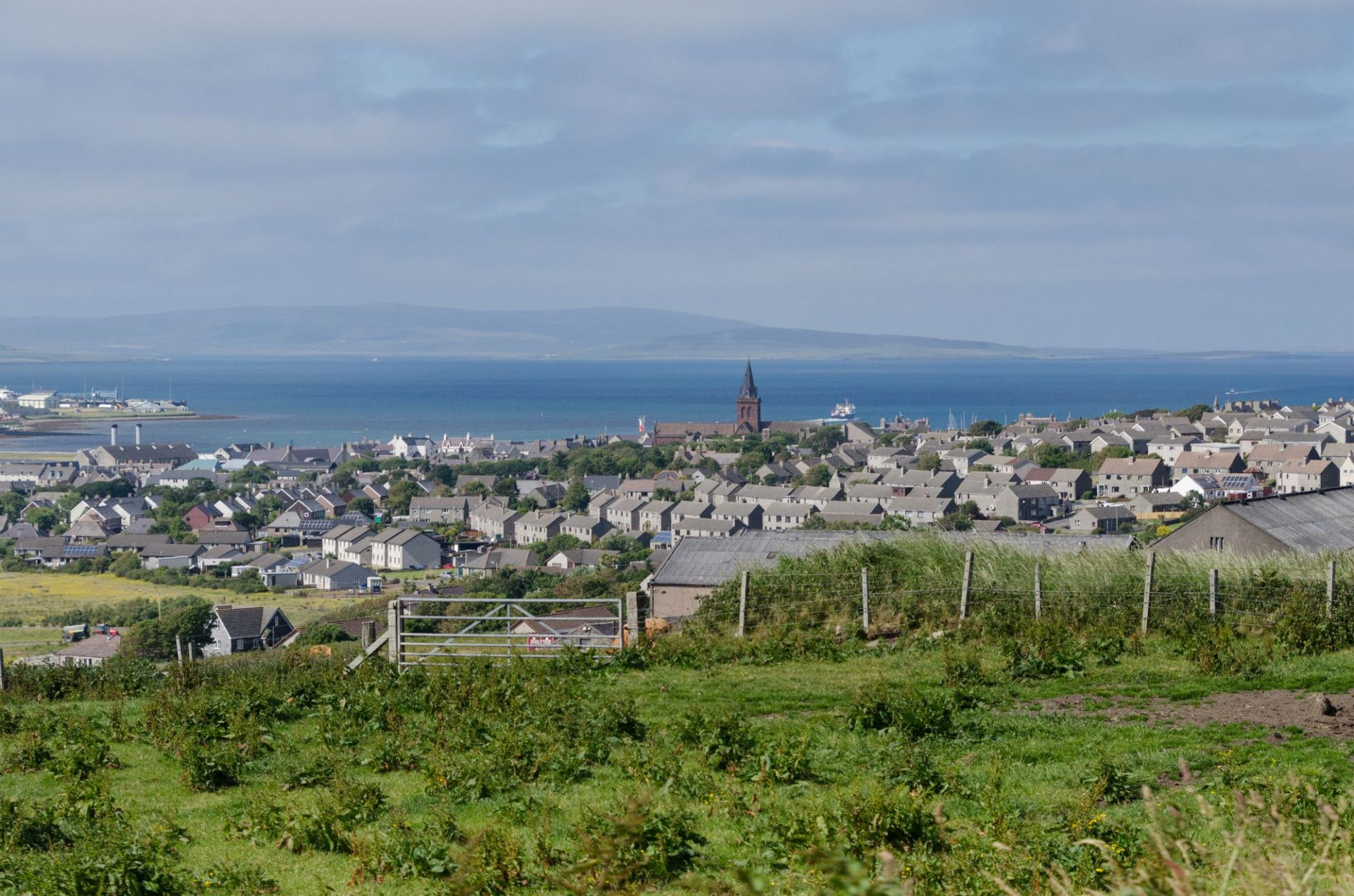

The town is well known for the Invergordon Mutiny of 1931. More recently it has also become known for the repair of oil rigs which line up in the Cromarty Firth on which the town is situated. In the 1970s and 1980s nearby Nigg was known for the construction of these rigs. The yard used for this is now attempting to re-establish itself as a fabricator of large offshore wind turbines and oil rig refurbishment since being purchased by Global Energy Group.
For a number of years Invergordon was the site of an aluminium smelter until 1981 when British Aluminium closed it down. The pipeline that covered the conveyor belt from the smelter to the BA pier was not dismantled until the early 2000s and the two large tanks still stand today as well as a water tower.
It still has a grain whisky distillery, operated by Philippines-owned whisky giant Whyte and Mackay, the output of which contributes to many blended whiskies. Connected to the distillery was the Invergordon Distillery Pipe Band.
At present the port is visited by many large cruise liners each year, as the deep water port allows disembarkation for coach tours in the northern Highlands.
Since the 1970s some would perceive the town as a 'Glasgow colony', since many workers were recruited from southern Scotland to work in the oil rig fabrication and aluminium smelting industries. As a result, the residents' accents often show more influence from Glasgow, than the surrounding Easter Ross dialect of Highland Englishalthough this has changed in recent years.
In recent years Global Energy Group have been expanding, with the purchase of the Nigg fabrication yard it has also brought much appreciated work to Invergordon's Docks with the town again full of oil company workers through the day.

Hamburg ; officially the Free and Hanseatic City of Hamburg is the second-largest city in Germany with a population of over 1.8 million.
One of Germany's 16 federal states, it is surrounded by Schleswig-Holstein to the north and Lower Saxony to the south. The city's metropolitan region is home to more than five million people. Hamburg lies on the River Elbe and two of its tributaries, the River Alster and the River Bille.